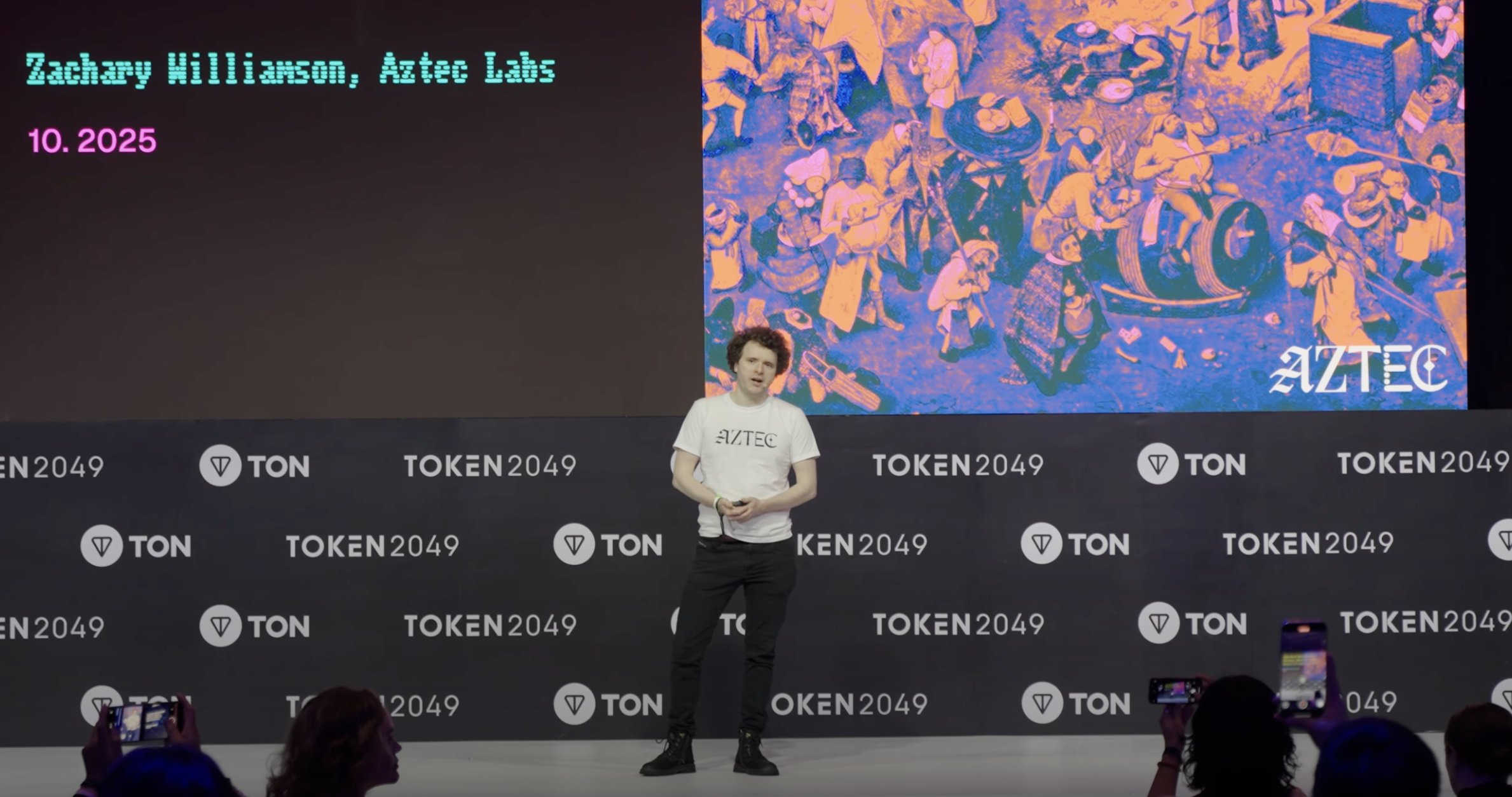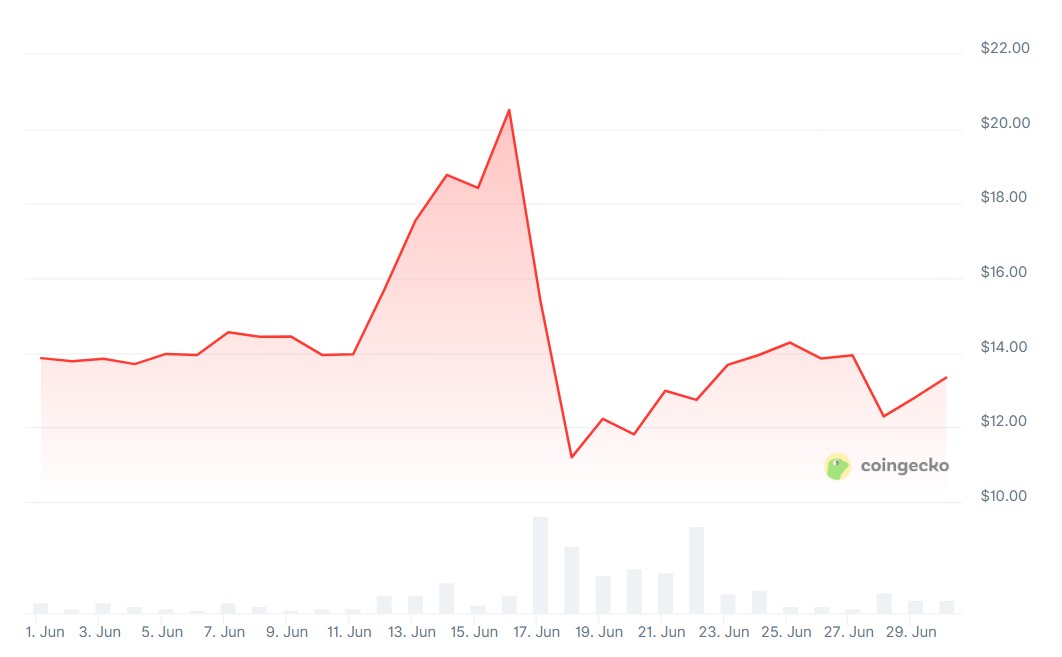
Challenges Persist for Blockchain's Original Vision, According to Aztec Labs Co-founder
Zac Williamson of Aztec Labs discusses how blockchain's identity is evolving amidst institutional pressures while stressing the importance of privacy technologies.
Exploration of Blockchain’s Core Purpose
Zac Williamson from Aztec Labs argues that blockchain technology can meet the evolving demands of institutional finance while sticking to its foundational purpose through privacy innovations. He emphasizes that the technology is at a crossroads, contending with the needs of traditional finance while risking its original decentralized ideals.
“There is a real risk that blockchain just becomes a slightly more efficient settlement layer than Visa or Mastercard,” Williamson remarked, expressing concerns about the diminishing social coordination aspect of blockchain.
Shifting Landscape of Blockchain
Williamson, who transitioned from particle physics to software engineering, was drawn into the blockchain space in 2017, eventually co-founding Aztec Labs, which is focused on privacy solutions within the Ethereum ecosystem. Once hailed as a transformative alternative to conventional finance, blockchain now seems to gravitate towards institutional applications, leaving innovators like Williamson apprehensive about preserving its foundational principles.
 Blockchain Image
Williamson has been in crypto since 2017 and has seen the space move toward institutional finance. Source: Aztec Labs
Blockchain Image
Williamson has been in crypto since 2017 and has seen the space move toward institutional finance. Source: Aztec Labs
Competing Visions in Blockchain
Williamson identifies two main competing perspectives on blockchain’s purpose: one that focuses on creating and trading digital assets, and another that envisions blockchain as a means for collective coordination without intermediaries. The latter approach faced a significant setback in 2016 during The DAO governance incident, leading to a split in the Ethereum network.
“The DAO governance model effectively is either an autocracy — you vote with tokens [and] you can buy tokens — or it’s an oligarchy where a multisig holds all the power. These are both terrible modes of governance,” Williamson criticized.
 DAO Incident
The DAO hack in 2016 led to a contentious hard fork, splitting Ethereum into two chains. Source: CoinGecko
DAO Incident
The DAO hack in 2016 led to a contentious hard fork, splitting Ethereum into two chains. Source: CoinGecko
The Role of Privacy in Blockchain
Current blockchain models are inadequate for real-world organizational dynamics, as they often lay bare every transaction and decision, an approach that contradicts how traditional organizations operate. Williamson advocates for privacy technologies that would enable blockchain systems to effectively manage internal processes while remaining compliant with external institutional standards.
“Privacy is what allows blockchain to serve both individuals and institutions without one controlling the other,” he explained.
Williamson concludes that if blockchain can preserve its original vision through effective privacy measures, it can operate effectively for both users and institutions, avoiding the risks of becoming mere tools of traditional finance.
For more insights on the evolving landscape of blockchain, see this related article.



